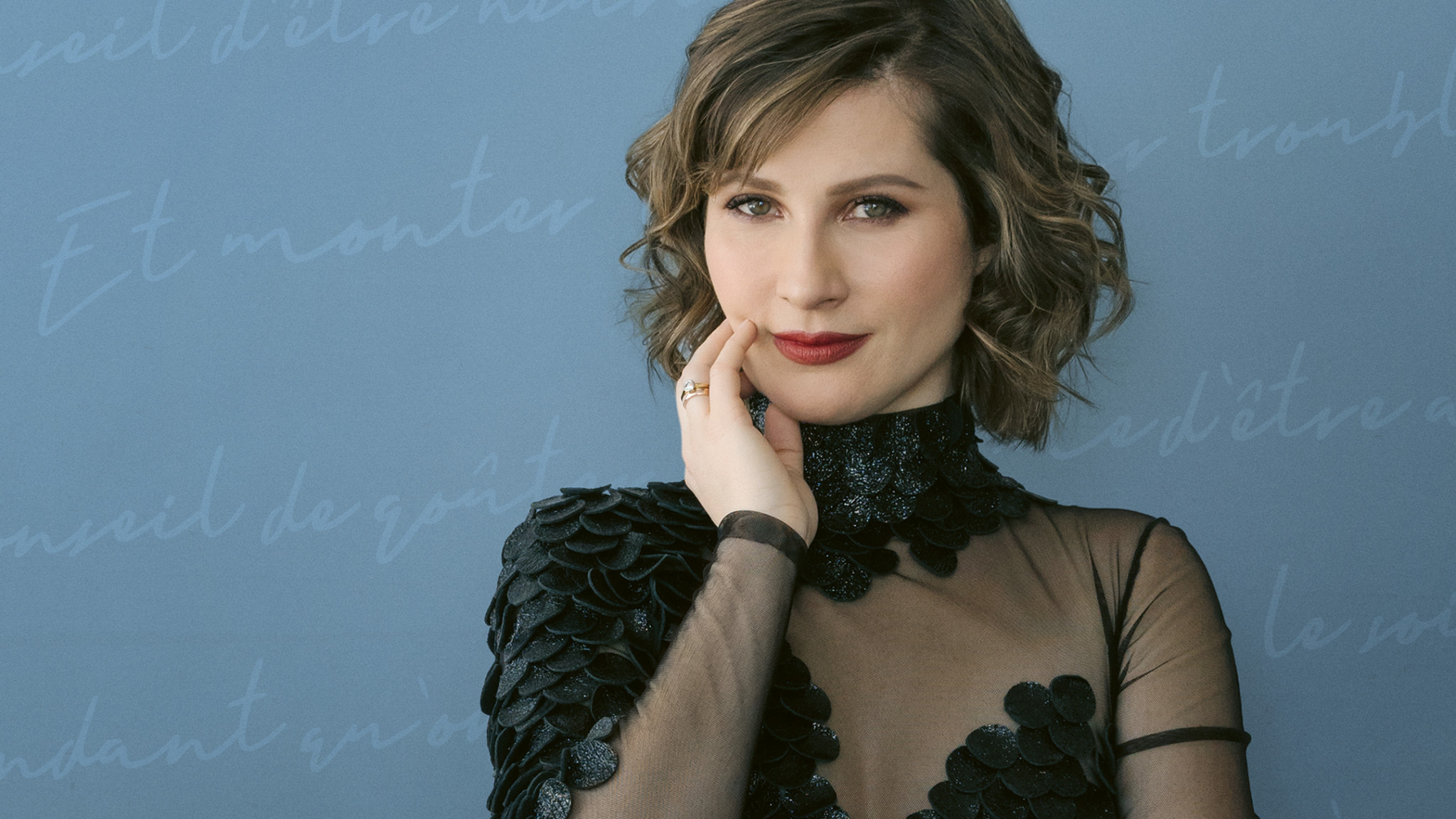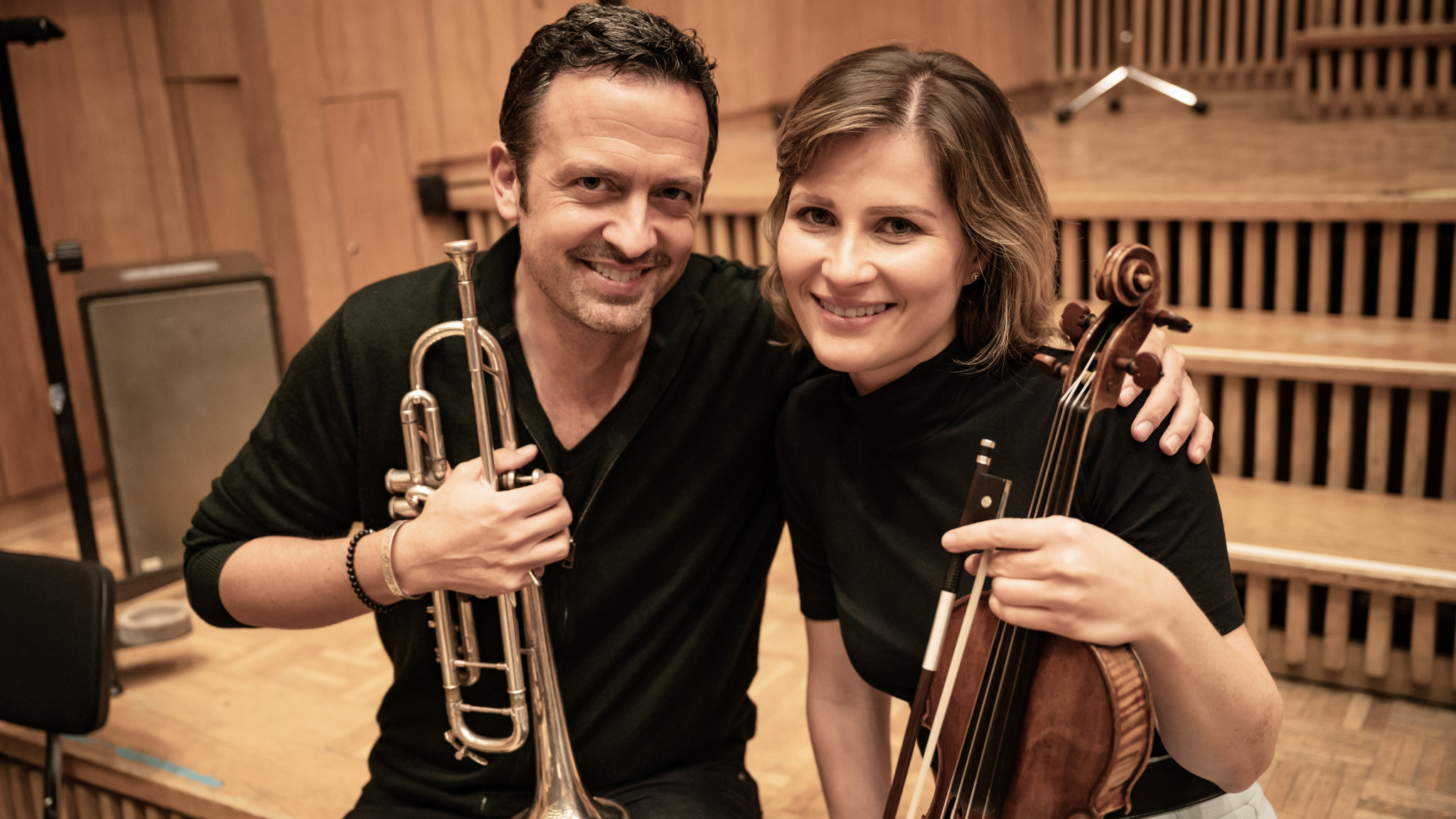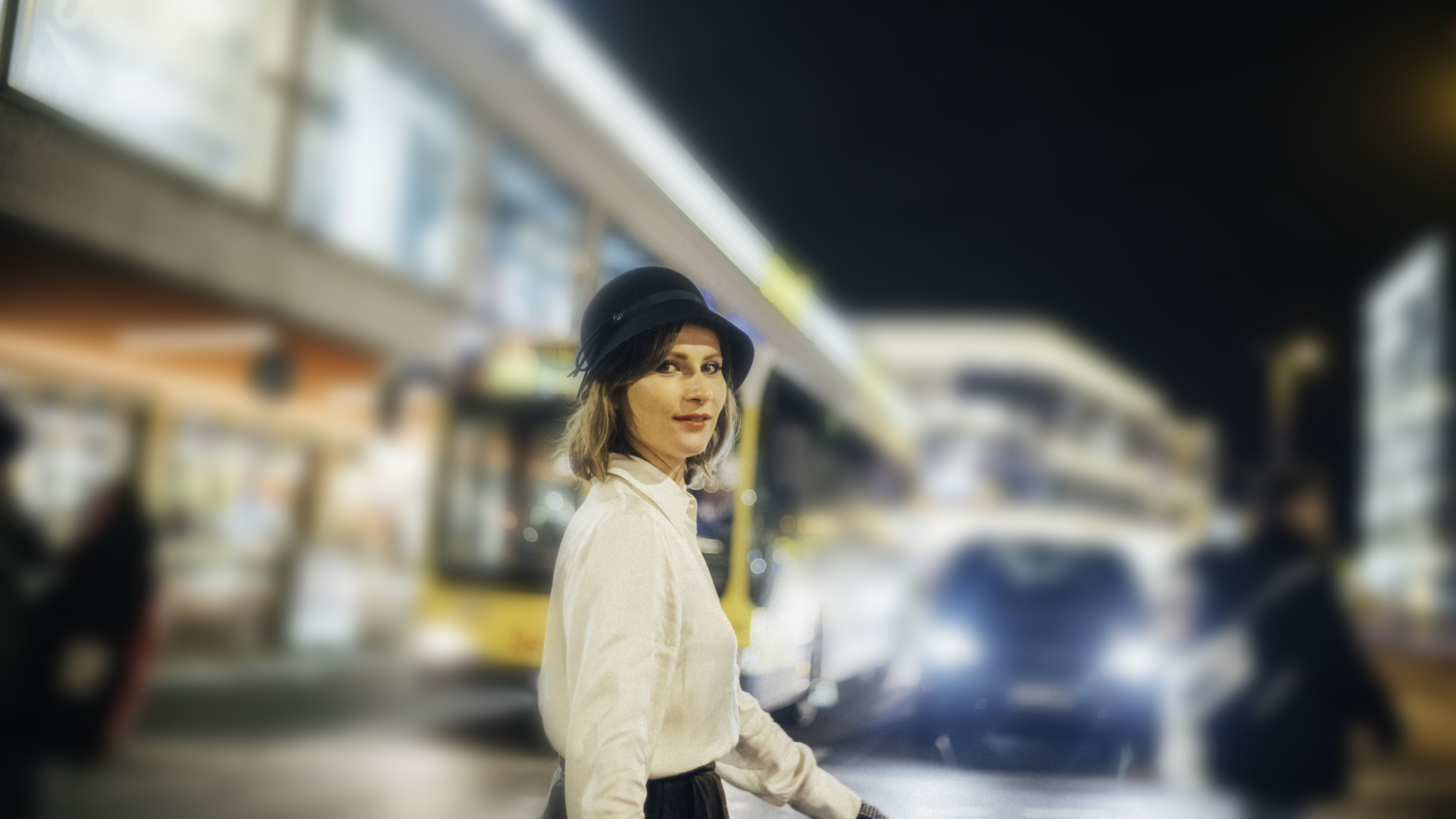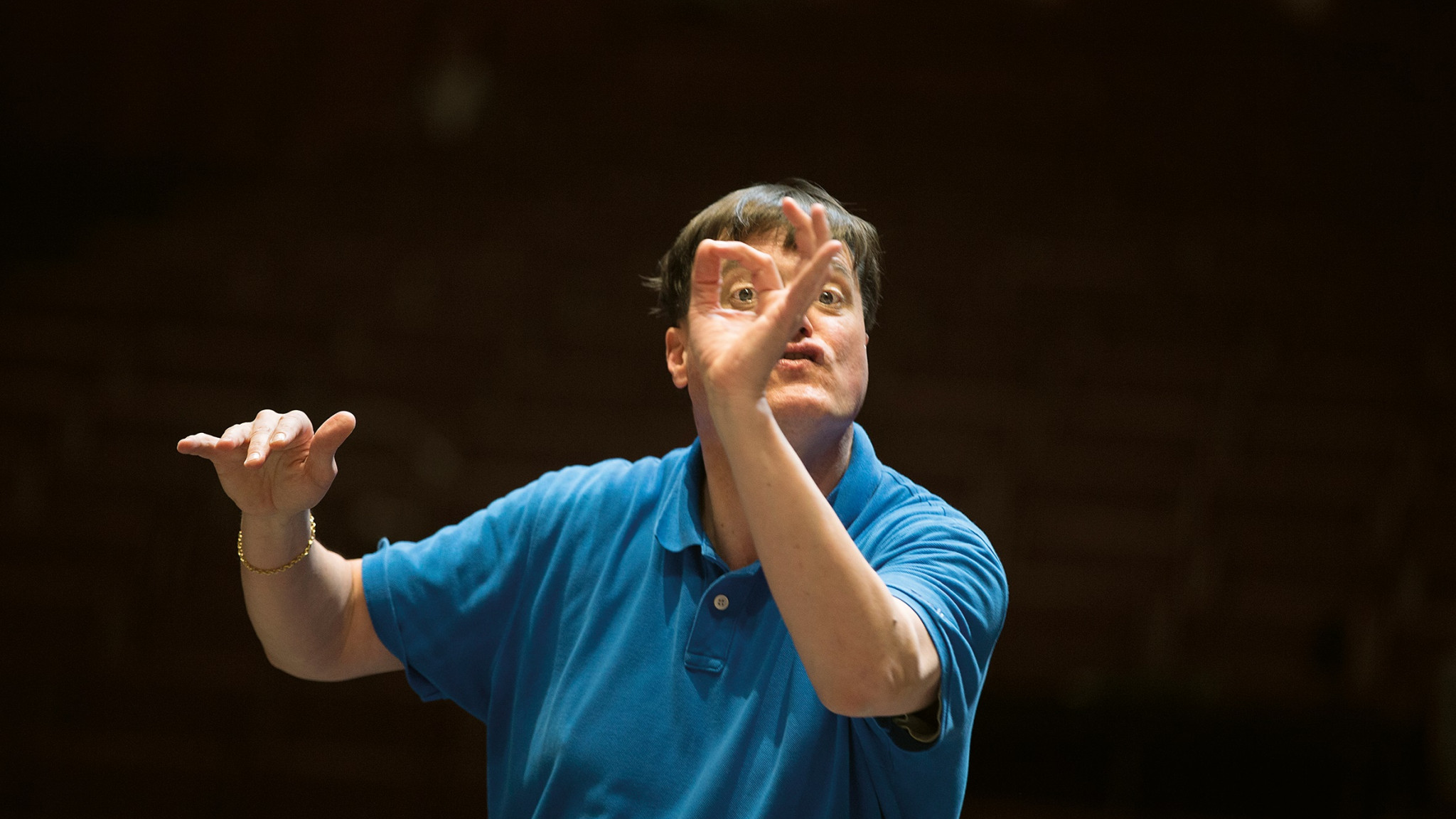Lisa Batiashvili Presents 'Secret Love Letters'

“What would human life be like,” asks Lisa Batiashvili, “without this range of emotions and feelings which we feel cannot be shared with anyone?” Her new album celebrates the fine art of concealment, of holding private passions just beneath the surface until they erupt. Secret Love Letters, set for release by Deutsche Grammophon on 19 August 2022, sees the Georgian-born German violinist explore some of the most romantic music ever written. In this, her first recording with a US orchestra, she is joined by The Philadelphia Orchestra and its inspirational Music Director Yannick Nézet-Séguin – with whom she has performed live many times – as well as by young Georgian pianist Giorgi Gigashvili. Together they embark on a journey that spans everything from forbidden love to romance seen from the perspective of old age.
“There are so many hidden messages in music, things that cannot be put into words,” notes Lisa. “Something very obvious unites the four pieces I’ve chosen for the album, by Chausson, Debussy, Franck and Szymanowski. It’s the message of love that is there in the music, in many different facets and colours, and so much of that message is secret and intimate.” Her long-time collaborator Nézet-Séguin is on the same wavelength: “One of my favorite quotes in life is that music starts where words stop. What’s so special about music is that it allows us to say things that sometimes we can’t even express to ourselves.”
At the heart of Secret Love Letters is Karol Szymanowski’s First Violin Concerto, the Polish composer’s dream-like meditation on the imagery of Noc majowa (“May Night”), a poem by Tadeusz Miciński and the starting point for the creation of a score bursting with passion and sensuality. The composition was written in Ukraine during the First World War and first performed in Warsaw in November 1922. “It’s a piece full of love and pain deriving from the restrictions experienced by a man who was in love with another man at a time when this was outlawed both legally and morally”, Lisa explains. “It’s a dance between eroticism and compassion, between a dream world and tough reality.” Paul Kochanski, for whom the work was written, gave its US premiere with The Philadelphia Orchestra in 1924 at the historic Academy of Music in Philadelphia, the venue at which Lisa’s performance was recorded almost a century later.
Szymanowski’s single-movement concerto finds a perfect complement in Ernest Chausson’s Poème for violin and orchestra, composed in 1896 during a summer visit to Florence. Chausson originally intended to call his lyrical piece Le Chant de l’amour triomphant (“The Song of Triumphant Love”). Poème’s rejected title and much of its atmosphere stem from a novella by the Russian author Ivan Turgenev, who himself was infatuated with the famous mezzo-soprano Pauline Viardot and formed an enduring ménage à trois with the singer and her husband. Poème was inspired by and dedicated to one of the great artists of the day, the Belgian violinist Eugène Ysaÿe.
Framing the Szymanowski and Chausson on Secret Love Letters are works by Franck and Debussy. Like Poème, Franck’s sublime Sonata in A major for violin and piano has a connection with the great Ysaÿe: the composer presented it to the violinist and his bride Louise Bourdeau as a wedding gift. Reflecting an ageing composer’s still strong desires and emotions, the piece apparently shocked Franck’s conservative wife but has captivated audiences ever since its world premiere in Brussels in December 1886. On piano here is Giorgi Gigashvili, recent recipient of a scholarship from the Lisa Batiashvili Foundation, a non-profit organisation set up by the violinist to support exceptional young artists living in Georgia.
Accompanying Lisa on piano in her final choice of music for Secret Love Letters is none other than Yannick Nézet-Séguin himself. Debussy’s Beau soir was originally conceived as a song, to lyrics by the novelist and critic Paul Bourget, and its exquisite depiction of an idyllic sunset inspired legendary violinist Jascha Heifetz to make a sultry arrangement for violin and piano. “Debussy was a messenger of the most magical atmosphere, fantasy and purity one can only imagine,” observes Batiashvili.




